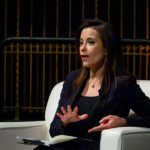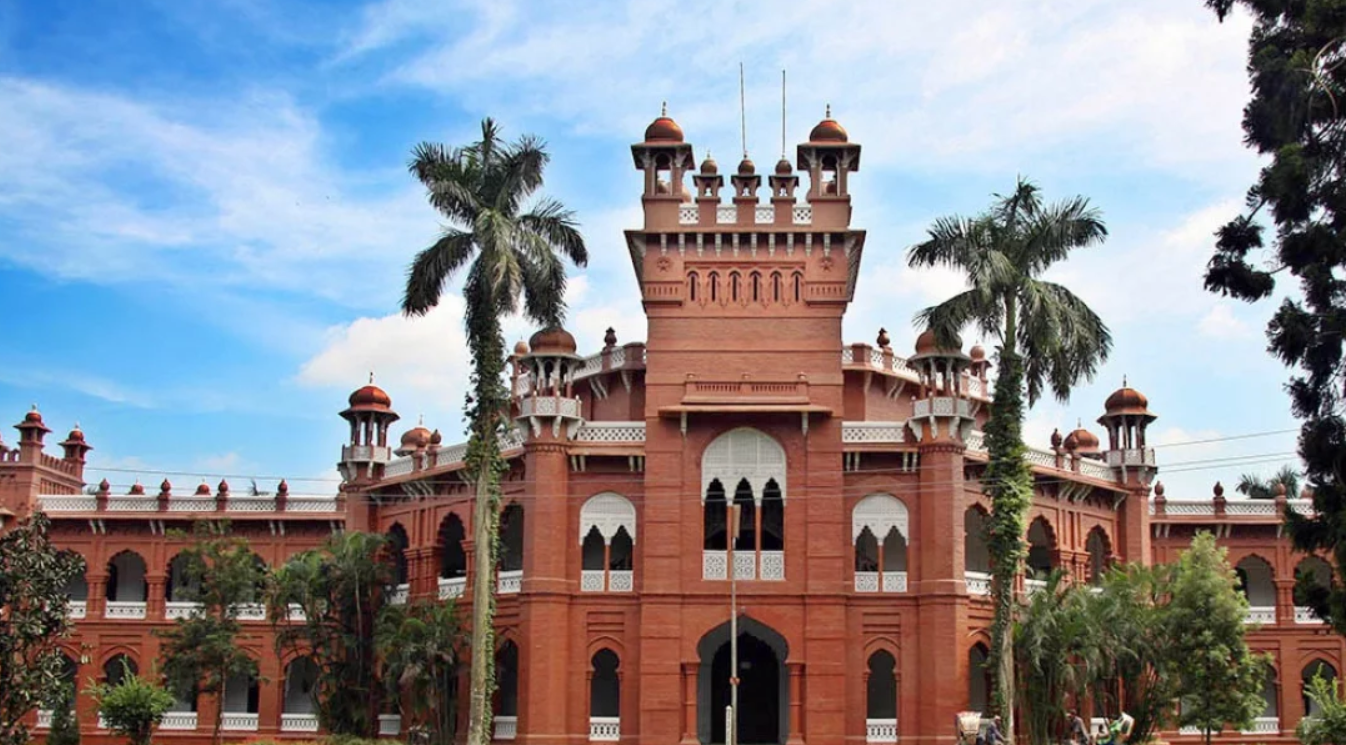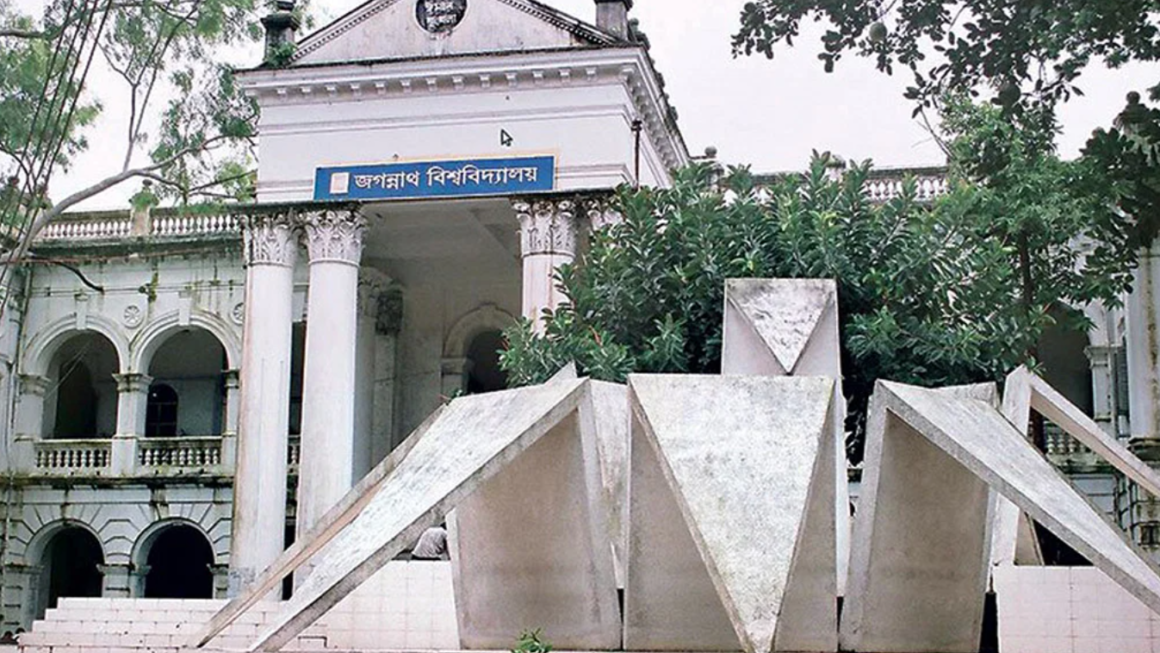University of Dhaka: A Pillar of Academic Excellence in Bangladesh
Introduction
The University of Dhaka, often referred to as Dhaka University or DU, holds a prestigious position as the premier institution of higher education in Bangladesh. Established on July 1, 1921, this historic university has been a beacon of learning, research, and cultural development for over a century. With a rich legacy, diverse academic programs, and a commitment to excellence, the University of Dhaka continues to shape the intellectual landscape of the nation.
Historical Background
Foundation and Early Years
The University of Dhaka was founded by the British colonial administration to address the higher education needs of East Bengal and Assam. It began its journey with just three faculties: Arts, Science, and Law. Sir P.J. Hartog, the first Vice-Chancellor, played a crucial role in laying the foundation of the university, emphasizing high academic standards and rigorous scholarship.
Role in the Liberation Movement
The University of Dhaka has played a pivotal role in Bangladesh’s political and cultural history. It was a center of intellectual and political activity during the Bengali Language Movement in the early 1950s, which sought recognition for the Bengali language. The university was also at the heart of the struggle for Bangladesh’s independence, with many students and faculty members actively participating in the Liberation War of 1971.
Academic Structure
Faculties and Departments
The University of Dhaka boasts a comprehensive academic structure with 13 faculties and over 83 departments. These faculties include:
- Faculty of Arts
- Faculty of Science
- Faculty of Law
- Faculty of Business Studies
- Faculty of Social Sciences
- Faculty of Biological Sciences
- Faculty of Medicine
- Faculty of Earth and Environmental Sciences
- Faculty of Engineering and Technology
- Faculty of Pharmacy
- Faculty of Education
- Faculty of Fine Arts
- Faculty of Postgraduate Medical Sciences and Research
Each faculty comprises various departments offering undergraduate, postgraduate, and doctoral programs. The diverse range of disciplines ensures that students receive a well-rounded education tailored to their interests and career aspirations.
Research and Innovation
Research is a cornerstone of the University of Dhaka’s mission. The institution houses several research centers and institutes dedicated to advancing knowledge in various fields. Prominent research centers include:
- Institute of Statistical Research and Training (ISRT)
- Center for Advanced Research in Humanities (CARH)
- Institute of Social Welfare and Research (ISWR)
- Institute of Business Administration (IBA)
These centers foster interdisciplinary research and collaboration, contributing to significant advancements in science, technology, social sciences, and humanities.
Campus and Facilities
Main Campus
The main campus of the University of Dhaka is located in the heart of the capital city, spanning over 600 acres. The campus is a blend of historical and modern architecture, providing a conducive environment for academic and extracurricular activities. Iconic buildings like the Curzon Hall, the Arts Building, and the Science Annex stand as testaments to the university’s rich heritage.
Libraries and Laboratories
The university’s libraries are a treasure trove of knowledge, with the Central Library being one of the largest in the country. It houses a vast collection of books, journals, manuscripts, and digital resources, catering to the diverse academic needs of students and researchers.
State-of-the-art laboratories in various departments support cutting-edge research and practical learning. The science faculties, in particular, are equipped with advanced instruments and facilities to foster scientific inquiry and innovation.
Student Life and Extracurricular Activities
Life at the University of Dhaka is vibrant and dynamic, with a plethora of extracurricular activities to complement academic pursuits. The university hosts numerous student clubs, societies, and organizations that cater to diverse interests, including debate, drama, music, sports, and volunteerism.
Annual events like the Dhaka University Cultural Festival, sports tournaments, and academic conferences provide students with opportunities to showcase their talents, engage in intellectual discussions, and build lasting friendships.
Achievements and Contributions
Alumni and Notable Figures
The University of Dhaka has produced an illustrious list of alumni who have excelled in various fields, including politics, academia, literature, and science. Notable figures include:
- Sheikh Mujibur Rahman: The founding father of Bangladesh and its first President.
- Dr. Muhammad Yunus: Nobel Laureate and founder of Grameen Bank.
- Jasimuddin: Renowned poet and folklorist.
- Ziaur Rahman: Former President of Bangladesh.
These individuals have made significant contributions to the nation’s development and continue to inspire future generations.
Research and Publications
The University of Dhaka is a leading institution in research output in Bangladesh. Faculty members and researchers regularly publish in prestigious international journals, contributing to global knowledge and innovation. The university also publishes several academic journals across various disciplines, promoting scholarly discourse and dissemination of research findings.
Future Prospects
Expansion and Modernization
To keep pace with global advancements, the University of Dhaka is continuously expanding and modernizing its infrastructure and academic programs. Plans for new faculties, research centers, and upgraded facilities are underway to enhance the learning experience and maintain the university’s competitive edge.
International Collaboration
The University of Dhaka actively collaborates with international universities and research institutions to foster academic exchange and joint research initiatives. These partnerships provide students and faculty with opportunities for cross-cultural learning and exposure to global best practices.
Conclusion
The University of Dhaka stands as a testament to academic excellence and a symbol of national pride in Bangladesh. Its rich history, diverse academic offerings, and commitment to research and innovation make it a premier institution of higher learning. As the university continues to evolve and expand, it remains dedicated to nurturing future leaders, thinkers, and innovators who will contribute to the progress and development of Bangladesh and beyond.











